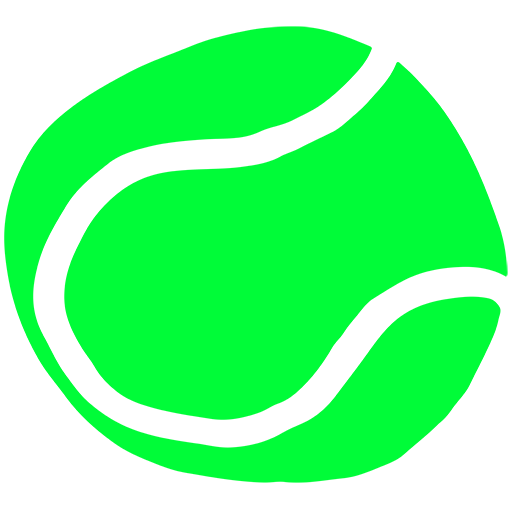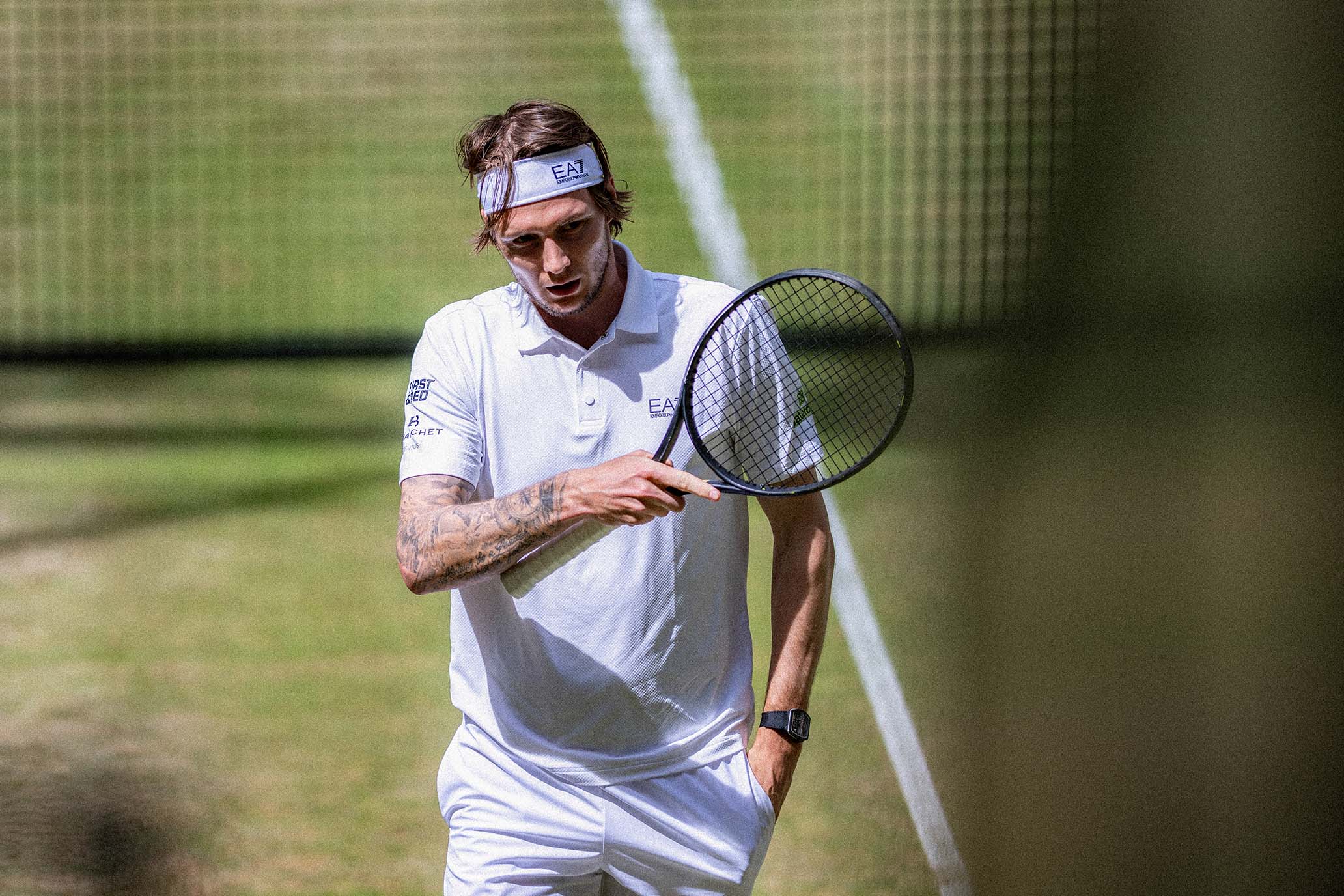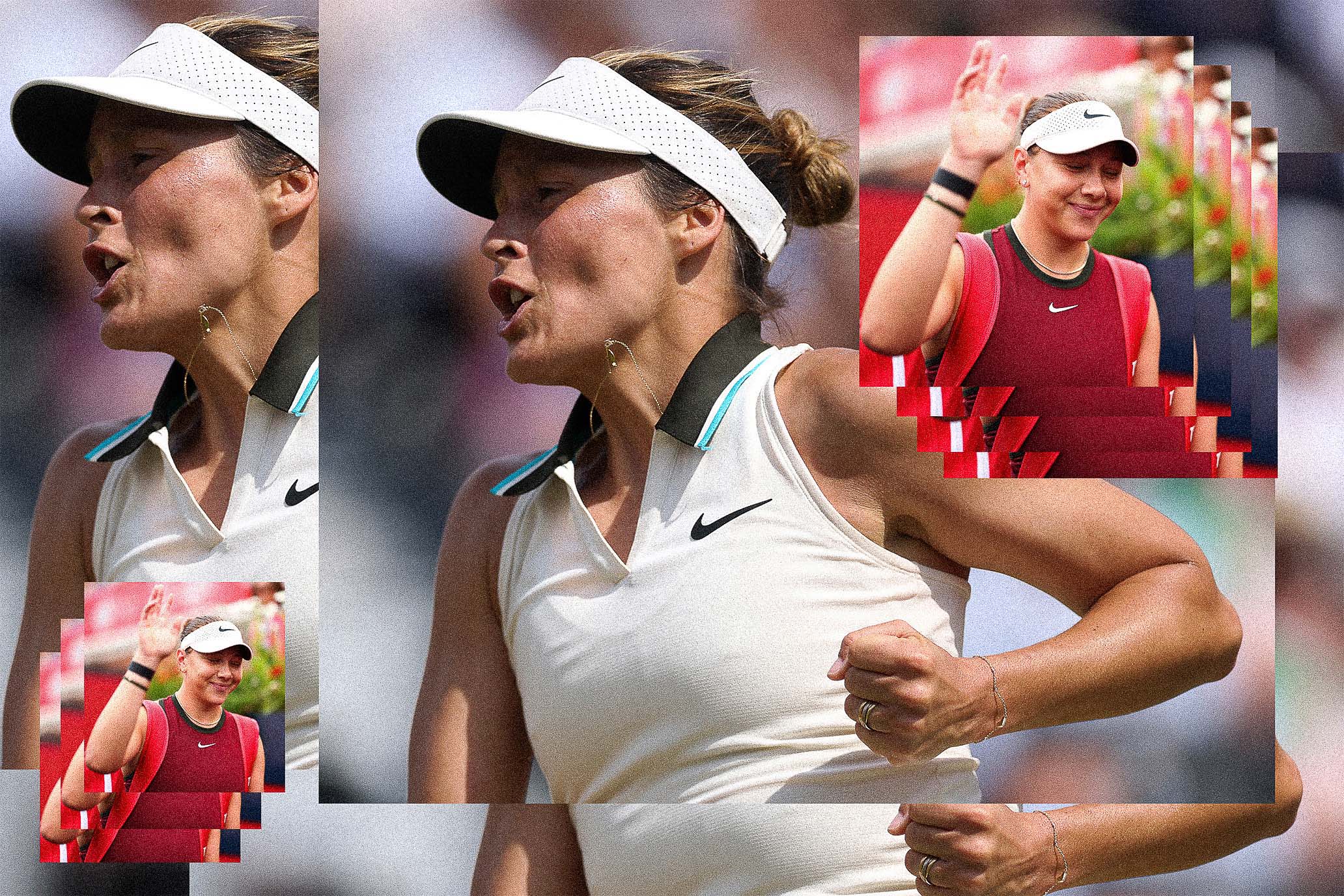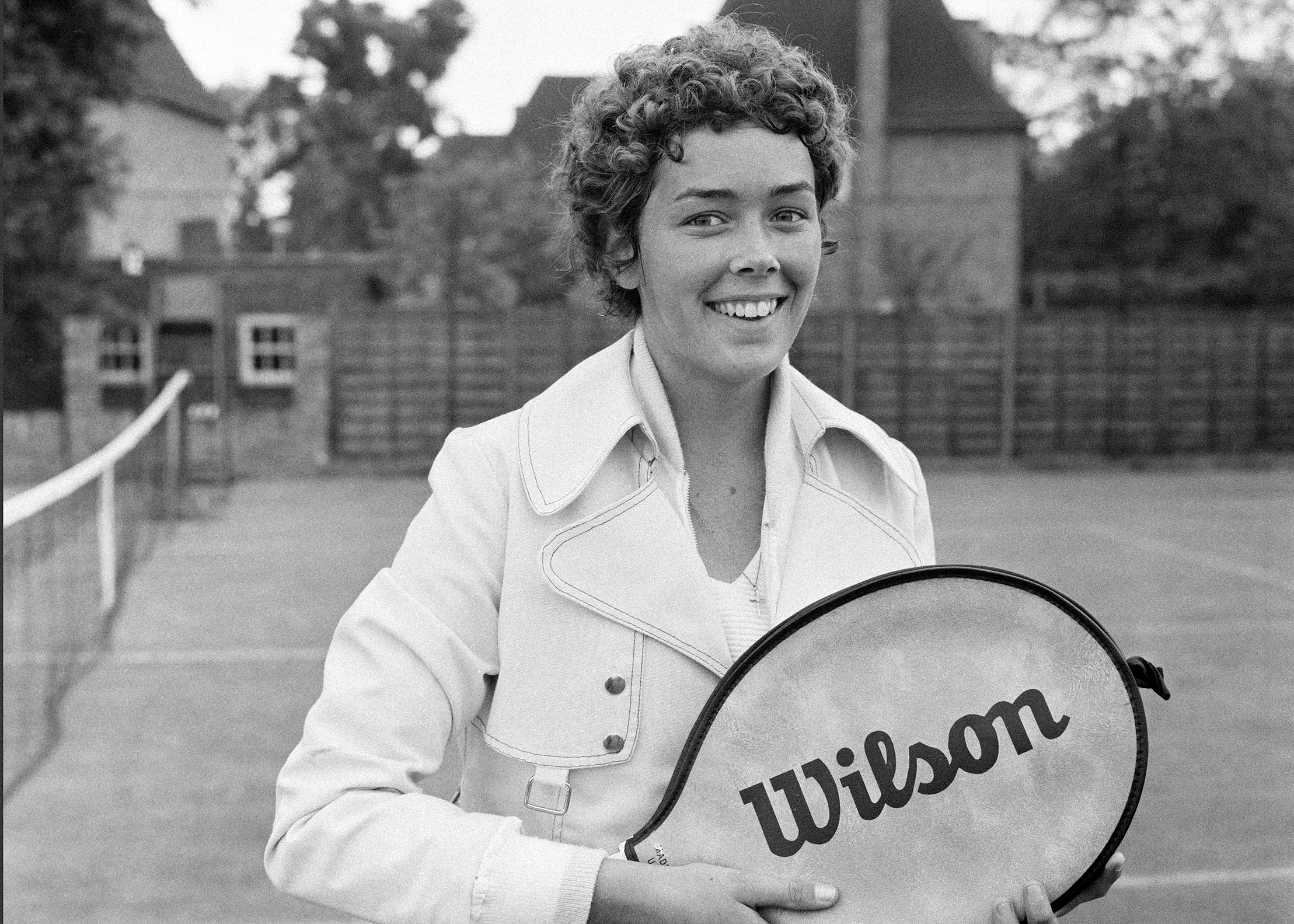Karolina Muchova Wanted to Be Here
Karolina Muchova Wanted to Be Here
The Czech champ was a balm for the Open.
The Czech champ was a balm for the Open.
By Giri NathanSeptember 6, 2024

An on-form Karolina Muchvoa was a joy to watch. // Getty.

An on-form Karolina Muchvoa was a joy to watch. // Getty.
It’s been a raggedy US Open. I have to stretch my memory past the many duds of this second week, all the way past the middle weekend, to recall three high-quality, entertaining matches. Tuesday and Wednesday were two of the worst night sessions I’ve ever attended: injury retirement, blowouts, matches where the two competitors never played well at the same time, disengaged crowds milling around during play and murmuring in nonstop conversation. Does anyone want to be here? This doesn’t feel like the year’s last major; it feels like the waning days of some brutal survivalist exercise. Plenty of players seemed pretty fried on their way out the door. The Olympics often get cited as a reason for this, but perhaps it’s just the broader reality of a sport that’s been getting more athletically demanding and calendrically rigorous with every year and leaves no meaningful offseason for a recharge. Amid all this burnout…there was Karolina Muchova. What a balm for a busted US Open. She could be playing against a wall and it’d be better viewing than half the matches I attended this week.
Within two minutes one can understand why Muchova would have any tennis person waxing rhapsodic, especially the ones who swing a racquet of their own from time to time. Her tennis is the picture you’d have in your head of how tennis should look, the clean mental model from which one tragically deviates. Wouldn’t we all want to look like that? She can do everything. And she seems to navigate her multitudinous options so elegantly. When Muchova is really in the zone, each step of the foot and swing of her racquet seems to be bound by some graceful and inevitable logic to the previous one. She flows from one shot to the next, and it just looks right. Her all-court game is bold but not foolhardy, because it’s backed by sheer talent, because she does have the footwork to dance around any ball, the foot speed to dash forward, and the hand skills to chop anything out of the air or massage ground strokes into the corners. It’s the spiritual opposite of metronomic side-to-side ball-bashing that defines the worst matches. She produces the sort of points that make you understand why people watch tennis in the first place—almost as insistently as, say, Zheng vs. Sabalenka or Medvedev vs. Sinner tried to make me forget—and it’s all I needed this tournament.
It also came out of nowhere. Not long after her semifinal appearance in New York last year, Muchova picked up a wrist injury, one of the scariest for a tennis player, and sat out for nine months before picking up this summer. Muchova has precisely one tennis weakness, and it’s never being healthy. So whenever she is fit to play, and playing well, it’s almost like, oh, right, this person exists and is a miracle. People trip over themselves in praise. Last week the ESPN booth tried, inelegantly, to praise the scarcity of Muchova’s play style in the modern game, and Chris Evert wound up saying that Muchova played “like a guy,” which upset Ons Jabeur, another exponent of this same style, and Evert apologized. Muchova, for her part, said that match that she idolized Roger Federer and liked to borrow from “the guys.” I leave it to the talking heads to debate whether volleying is somehow a gendered trait—seems like a topic Nick Kyrgios might enjoy—but what’s beyond dispute is that few players, on either tour, play as fluently as Muchova does from all areas of the court.
That said, even an in-form Muchova wasn’t immune to the curse of this Open, and after a number of master classes, including one against Naomi Osaka in round 2, she had a mess of a quarterfinal against Beatriz Haddad Maia, which both players spent unwell in some way. That stomach bug left her semifinal performance in question. But watching the first stretch of Muchova’s match against Jessica Pegula made clear that nothing was amiss. Anyone in search of a “flow state” need only look at that first set that Muchova won 6–1 in 28 minutes. My notes devolved into a catalog of every instance of effortless improvisation. Every time I looked, the ball was getting carved up and dropped in some unreachable nook of the court. She looked to be in total control of the match, with a break point to go 3–0 up in the second set, but duffed a put-away volley that both players later cited as the turning point.
Muchova said she became less aggressive, and Pegula significantly stepped up her own level. Soon enough Muchova’s forays to the net were less assured, and Pegula was making her hit much trickier volleys. Pegula channeled the same low, flat pace that allowed her to beat Iga Swiatek the previous night, and eventually flipped the match on its head, taking the second set and breaking early in the third. Muchova’s last real push, down 1–3 in the third, produced some of the most spectacular points of the tournament, a showcase for all the skills, especially this passing shot dropped on a dime with a serene flick of the wrist. It wasn’t enough. A few games later she hurled her racquet some 15 feet in the air in frustration, caught it smoothly on its way down, and even that looked cool. It’s hard not to interpret this result as a collapse from Muchova, considering her scoreboard advantage, but it was a surprise that she managed to replicate last year’s semifinal appearance at all, given how little tennis she’s played since then. If there are tennis gods, they better finally bring her some good health in 2025. You never know when a dire tournament might need her tennis to save it.


The Hopper
—CLAY Tennis on Beatriz Haddad Maia’s US Open run.
—Giri on Iga Swiatek’s loss to Jess Pegula.
—Jon Wertheim’s mailbag is full this week.
—Sara Errani and Andrea Vavasori have won the US Open mixed doubles.
—Tim Newcomb on Taylor Fritz and Asics.



